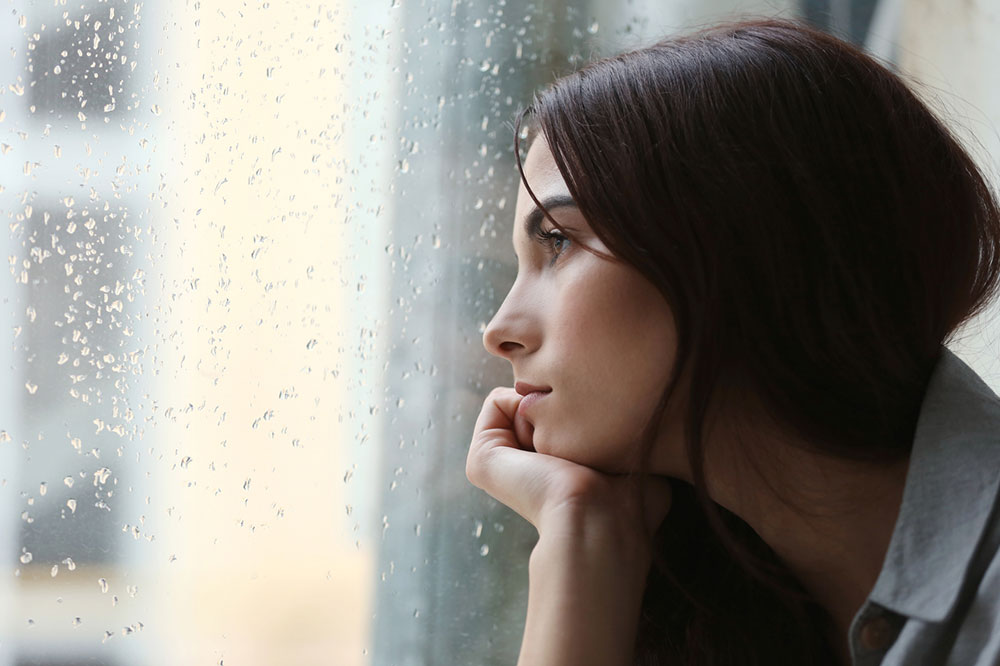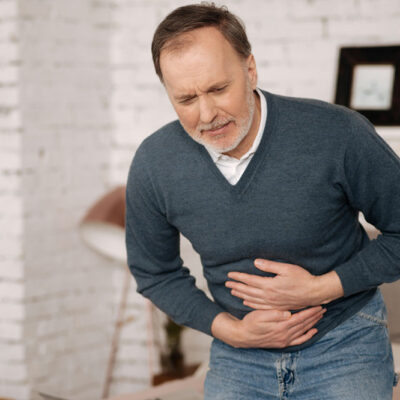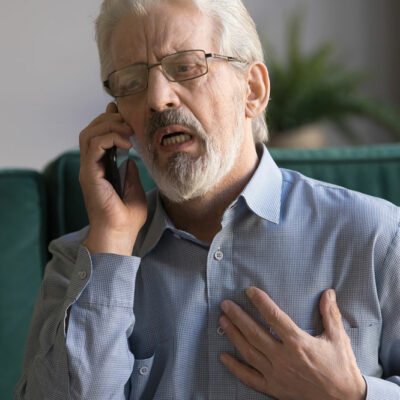
6 Prevalent Symptoms of Depression and Effective Medical Treatments
Studies show that depression is the sixth-most-costly health condition in the U.S. behind diabetes mellitus. According to the American Psychological Association, the costs of medical treatments for depression total 71 billion each year. Both mild and severe depression can now be handled with proper care—including private therapy or online counseling via services like Psychology Today Telehealth Platforms, psychotherapy programs (which may include in patient treatment at a depression treatment facility), lifestyle changes; and doctor-prescribed medications such as Trintellix, Valtoco, Vraylar, Rexulti, Fetzima, Levomilnacipran, and Buprobion. Healthcare for people with depression could come in the form of medications or therapy or a combination of both. It is important to identify the common symptoms of depression to make sure that people can lead a normal life. Recognizing the signs and symptoms at an early stage can help keep it at bay.
Here are the common symptoms of depression:
1. Lack of interest
Even healthy individuals tend to lose interest in things occasionally. But if one notices a lack of interest in tasks that once were enjoyed, then it could be one of the symptoms of depression. People might lose interest in enjoying the simple pleasures of life and start feeling unmotivated to do any of their favorite tasks.
2. Feeling hopeless
Along with the lack of interest, some people may feel unmotivated all the time. All the problems in life suddenly start appearing unbearable and without a solution. This is a serious symptom of depression and should not be ignored.
3. Crankiness
A regular feeling of agitation or irritation is one of the symptoms of depression. This symptom is more common in men. While women might experience a different set of symptoms like mood swings, men often feel irritated for no reason. This can affect relationships when not addressed early.
4. Weight changes
Appetite changes are common in people with depression. As a result, sudden unexplained weight loss or weight gain can occur along with these changes in appetite. While some end up overeating, others might start skipping meals. Craving unhealthy food might also lead to unwanted weight gain. Stress-eating is one of the most common symptoms of depression.
5. Sleep troubles
People with depression may find it harder to fall asleep and may sometimes wake up tired, no matter how long they sleep. Irregular sleep patterns are common in these patients. Deep sleep, REM sleep, and light sleep are the different stages of sleep. Not getting enough deep sleep could be one of the symptoms of depression. With the mind agitated, the body doesn’t get enough rest, which is critical in making one feel relaxed and rejuvenated the next morning.
6. Suicidal thoughts
This could be the final and most critical symptom in people with depression. After losing interest in almost everything in life and sailing through a feeling of hopelessness, some might start experiencing suicidal thoughts or might get into self-harming habits.
If one experiences any of these symptoms of depression or finds them in a loved one, seek help as early as possible. Mental illnesses should also be given as much importance as physical ailments. Seeking treatment without any inhibition can greatly improve the quality of life.


